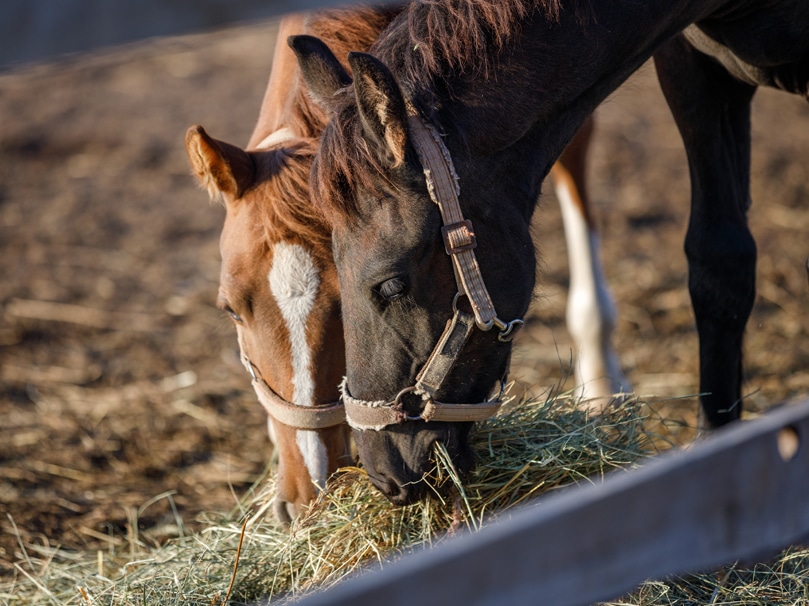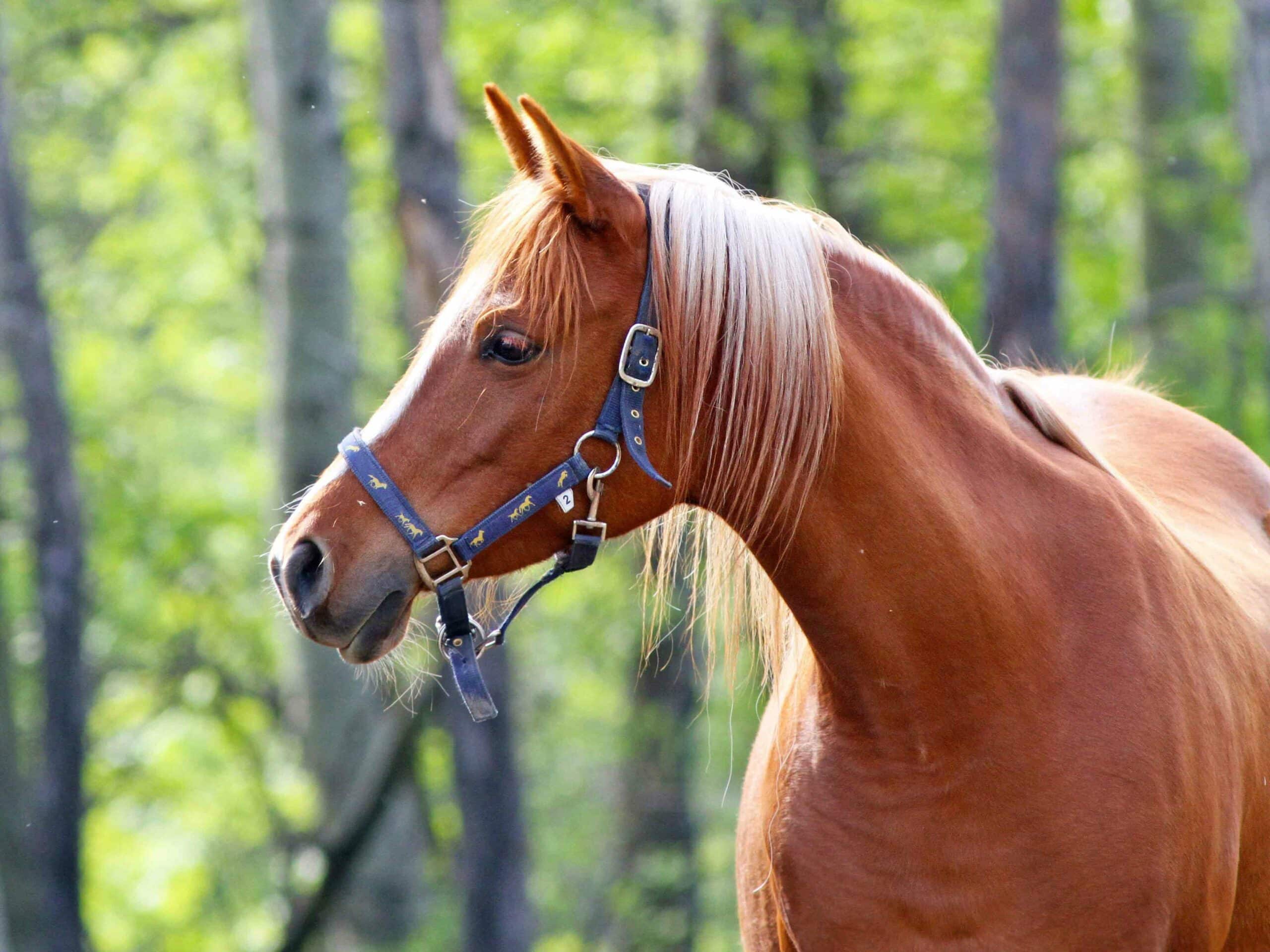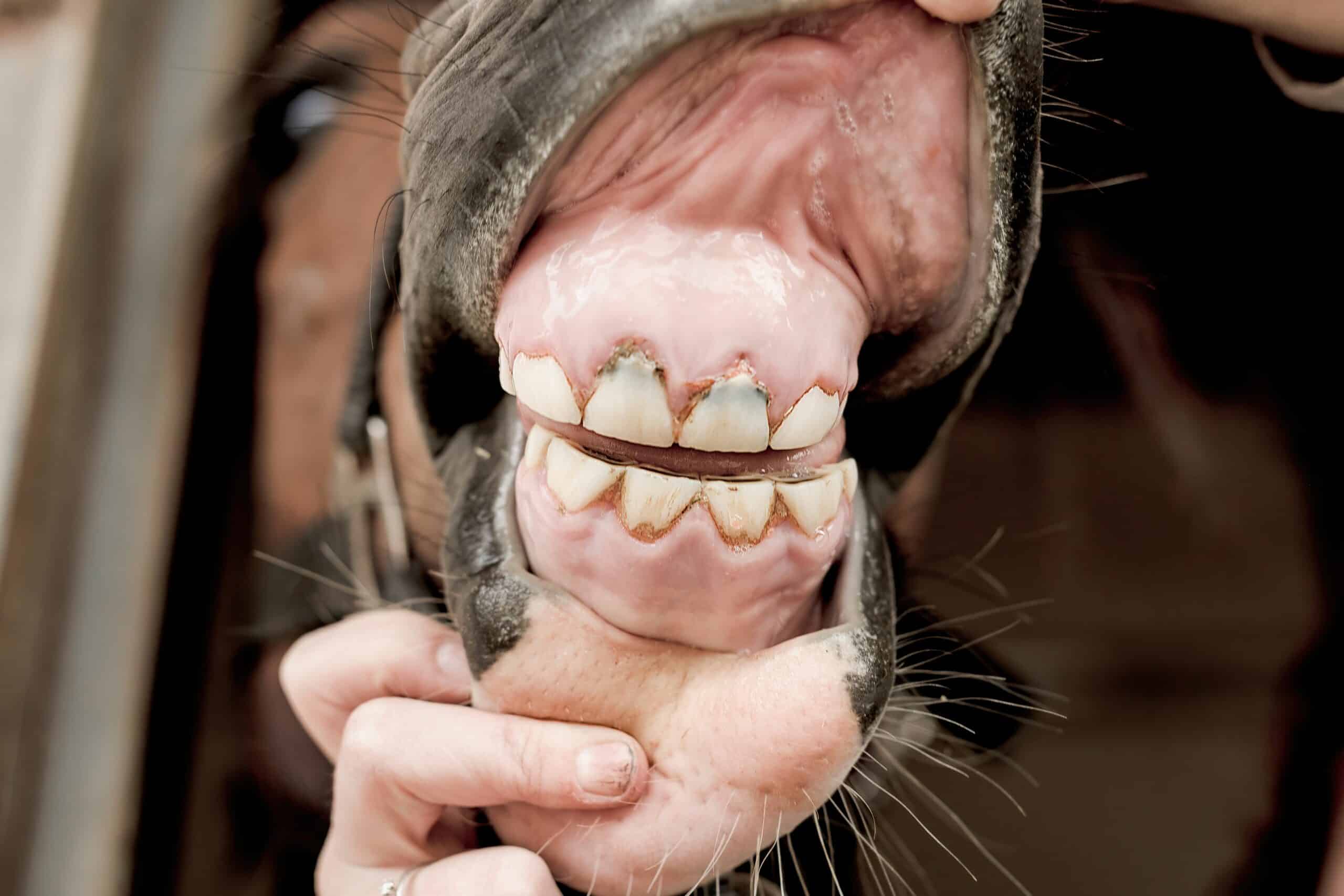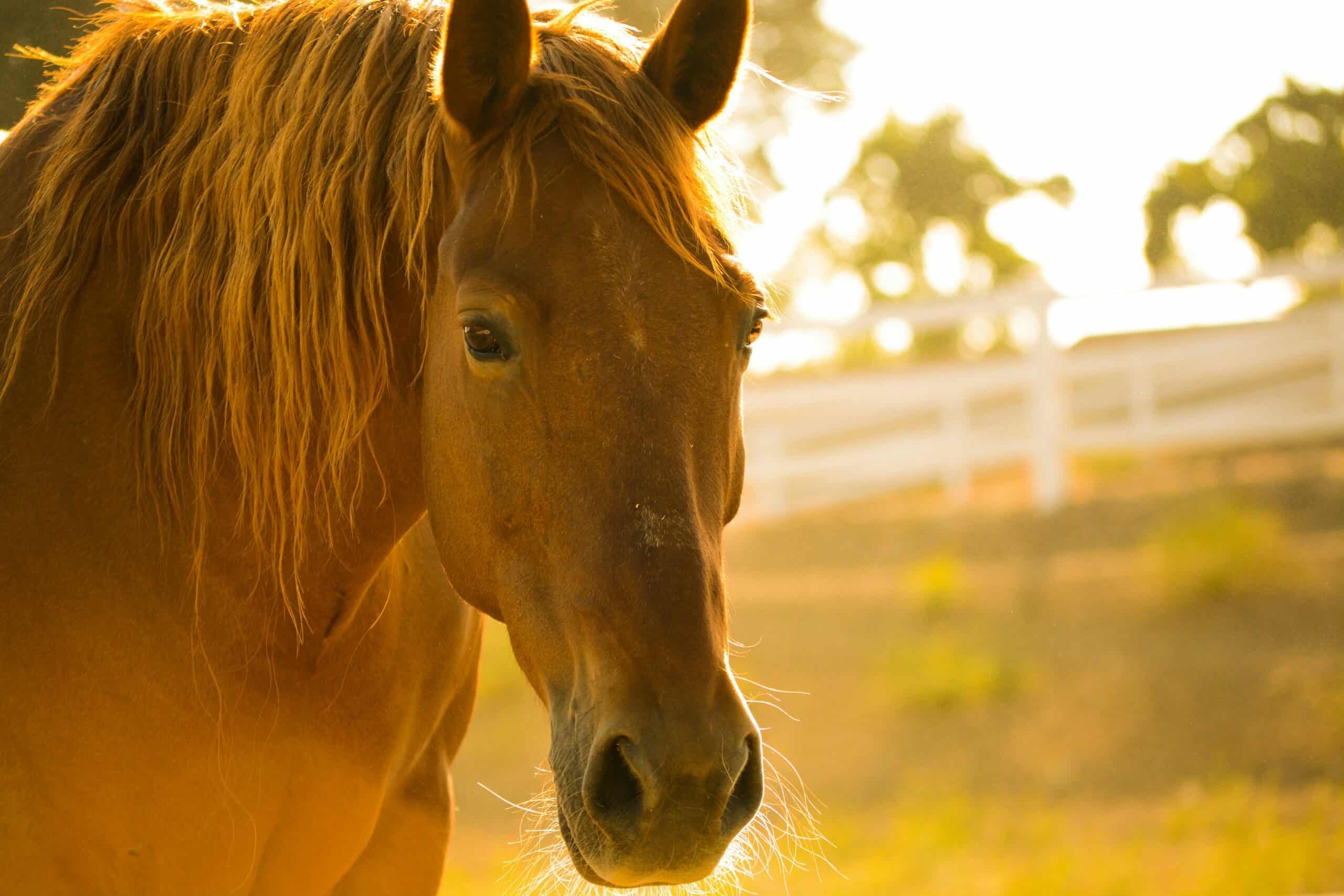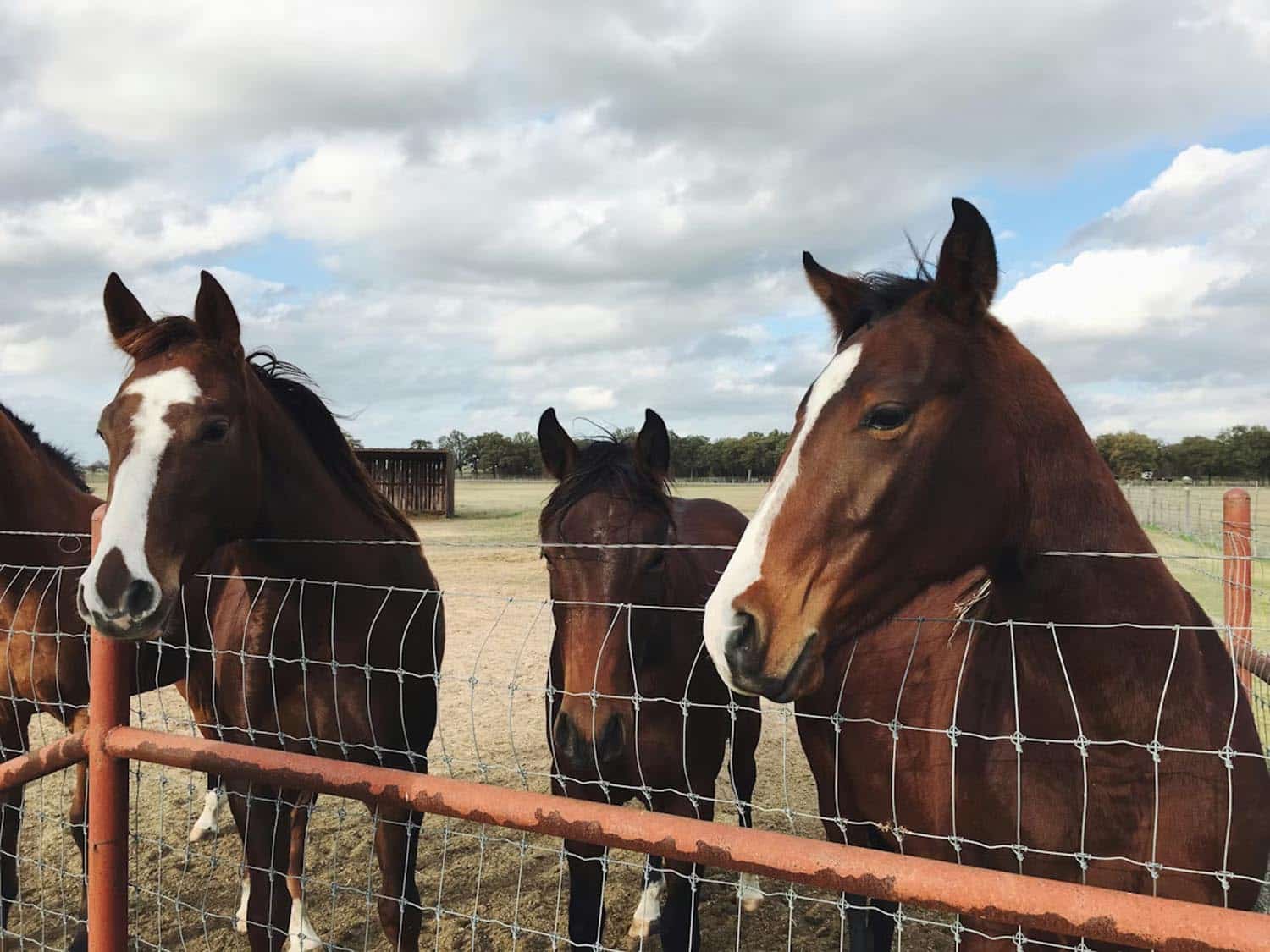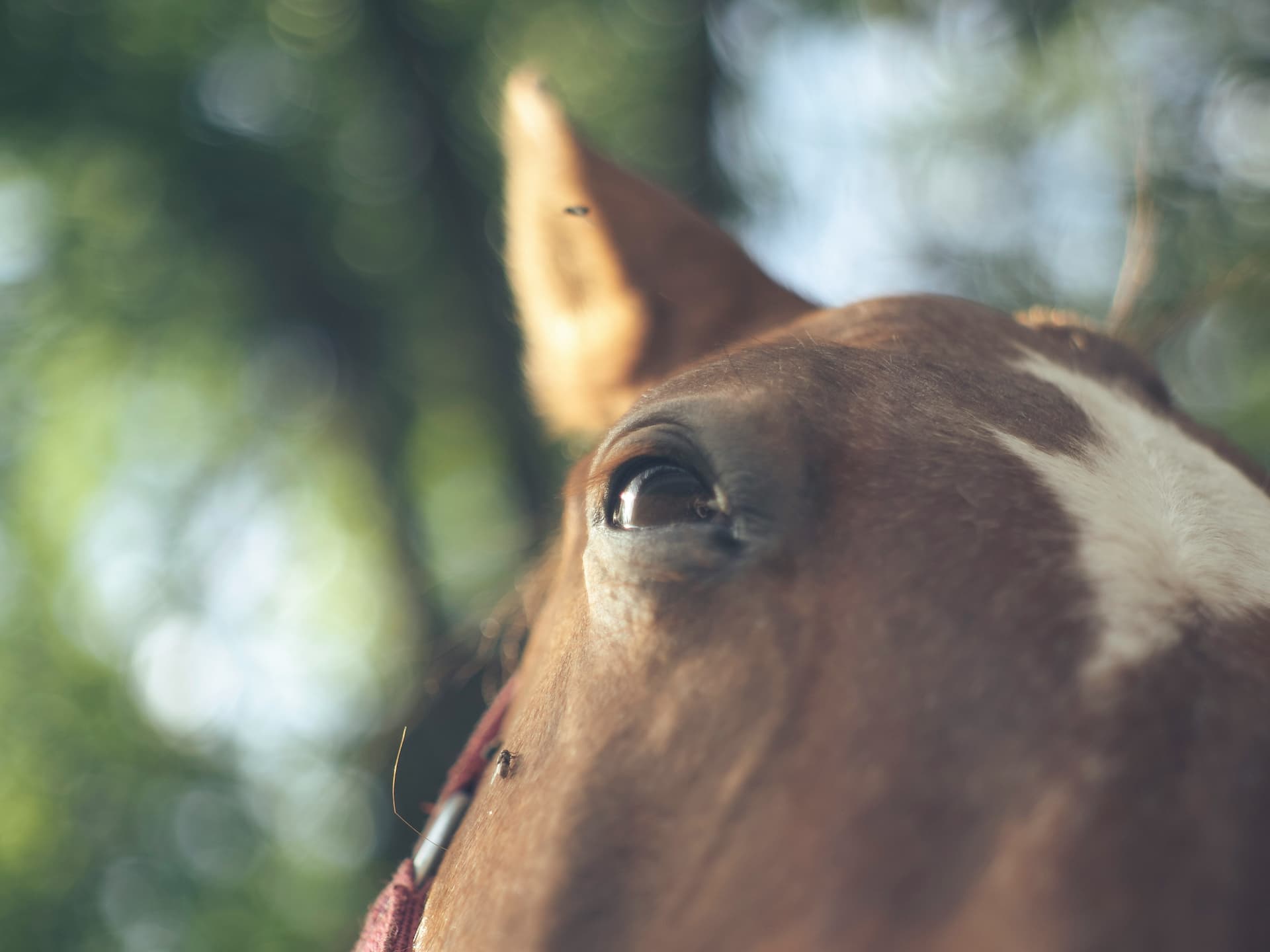
Common Summer Horse Diseases
Summer is in full swing, and it’s essential to make your horse’s health a priority. Warm summer temperatures can increase your horse’s risk of certain diseases. Because of this, it’s important to know what to look for and how to keep your horse safe.
Let’s discuss some of the most common summer diseases and what you can do to prevent them.
Equine Encephalomyelitis
Also known as sleeping sickness, Equine Encephalomyelitis is caused by a virus that attacks the brain and central nervous system. Eastern Equine Encephalomyelitis (EEE) and Western Equine Encephalomyelitis (WEE) are the two most common viral strains. Both strains are found throughout the United States and are transmitted by mosquitos.
Common symptoms of Equine Encephalomyelitis include depression, fever, inappetence, and lethargy. Horses can also develop neurological symptoms that progress quickly. Horses with severe disease may experience tremors, ataxia, seizures, paralysis, and an inability to stand. Unfortunately, this condition is often fatal. However, there are a few things you can do to reduce your horse’s risk.
The first step in keeping your horse safe is to ensure they are vaccinated. Vaccines are available and highly effective for protecting horses against EEE and WEE. You may also want to consider reducing your horse’s exposure to mosquitos. Ensure water buckets are cleaned frequently and eliminate areas of standing water in your barn that could be a potential breeding ground for insects.
West Nile Virus
West Nile Virus is another mosquito-borne disease that can seriously affect your horse’s health. While some horses only exhibit mild symptoms, the condition can be fatal in others. In more severe cases of the disease, horses may experience fever, lethargy, incoordination, stumbling, and seizures. This is due to inflammation of the brain caused by the virus.
Like Equine Encephalomyelitis, the best way to keep your horse safe is to ensure they are vaccinated. The American Association of Equine Practitioners (AAEP) recommends yearly vaccination against EEE, WEE, and West Nile Virus. However, an additional booster may be recommended depending on geographical location and risk. Our team is happy to discuss your horse’s vaccine schedule and make recommendations to ensure your horse’s long-term health.
Potomac Horse Fever
Potomac Horses Fever is caused by a bacterial organism known as Neorickettsia risticii. This bacteria has been found in aquatic insects and is transmitted to horses when the infected insects are accidentally ingested. Symptoms are typically related to the gastrointestinal tract and include diarrhea, poor appetite, and colic. Unfortunately, it can also result in the loss of pregnancy in mares.
While vaccines are available, they are not as reliable as vaccines for other diseases. Additional precautions are recommended to reduce your horse’s risk, including turning off barn lights at night to avoid attracting insects.
Final Thoughts
Warm summer weather can bring a variety of pests and put your horse at increased risk of disease. We hope this information will serve as a helpful guide in understanding the most common summer diseases.
Our team is here to help you keep your horse healthy and happy this summer. If you have questions about your horse’s health or their vaccination status, please give us a call.

